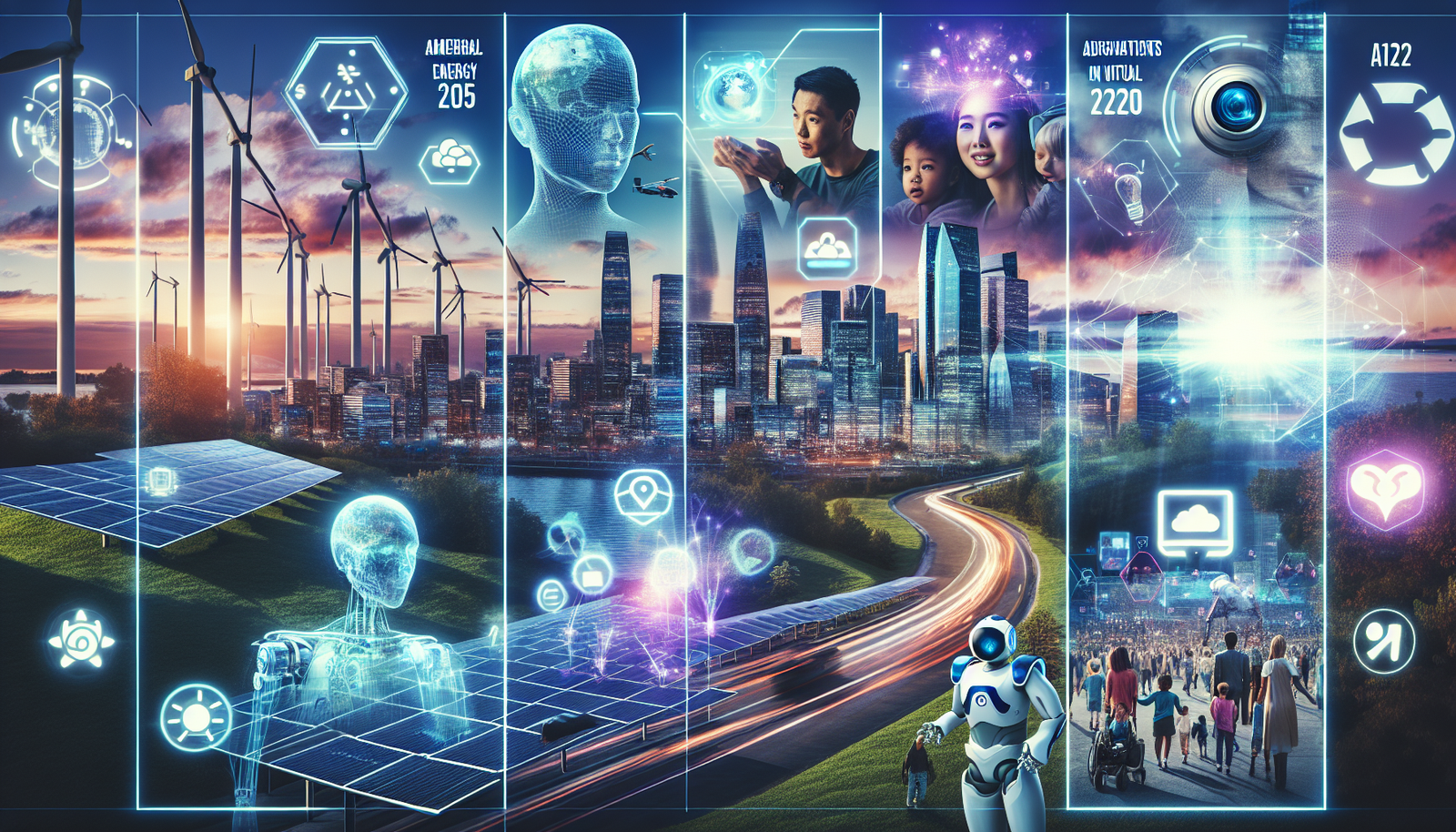Technological mutations are undeniably shaping our daily lives, redefining the framework of modern society. 2025 will appear as a crossroads where innovation and sustainability unite in a quest for meaning. The emergence of agentic artificial intelligence, decentralized infrastructures, and ecological technologies heralds an unprecedented transformation. The collaboration between man and machine becomes a necessary condition. These disruptive trends, deeply rooted in an urgent context, require sustained attention, as each advancement can lead to considerable socio-economic repercussions. Understanding these challenges proves essential for grasping the technological future that is unfolding.
Convergence between human intelligence and artificial intelligence
The rapprochement between human intelligence and artificial intelligence (AI) is becoming a tangible reality. Emerging generative AI technologies that can mimic human reasoning are shaping new professional perspectives.
Companies like Microsoft are showcasing AI agents that perform complex and autonomous tasks, thereby strengthening their position in the tech market.
Applications of AI in the fields of health, finance, and transportation allow for resource optimization, enhancing the efficiency of several key sectors.
Developments in the energy sector
The energy transition is accelerating, with a rise in renewable energy sources such as wind and solar. These emerging energy sources offer solutions to meet growing demand while combating climate change.
Advancements in storage technologies, particularly with advanced batteries, facilitate the integration of renewable energies into the electrical grid. Major players, like Amazon, are investing in small modular reactors, showcasing their potential for decarbonized energy production.
Resilience against fake news
In the face of growing misinformation, AI tools are being developed to ensure rapid fact-checking. Organizations such as ProPublica and Bellingcat are leveraging these technologies to combat fake news in real-time.
Innovative platforms are emerging, capable of analyzing and correcting information, thereby democratizing access to reliable data. These initiatives bolster trust in the media and improve the quality of public debate.
Ethical use of open data
Open data plays a significant role in the decentralized management of crises. The use of hyperlocal data allows communities to proactively prepare for natural disasters.
Community applications are multiplying to track events like fires or floods, thus facilitating rescue coordination. Edge computing and satellite connectivity enable quick and effective interventions in extreme conditions.
The impact of technologies on health
Technology is transforming the healthcare sector, particularly through telemedicine and wearable devices that allow continuous monitoring of patients’ health. These innovations improve the quality of care while reducing associated costs.
Moreover, the analysis of massive data collected by these devices provides valuable insights for early diagnosis and personalized treatments.
A more thoughtful use of health technologies promotes better decision-making for both professionals and patients.
FAQ about the 5 major technological trends to watch in 2025 and beyond
What are the main technological trends to watch for 2025?
The five main technological trends in 2025 include agentic artificial intelligence, intelligent robotics, post-quantum cryptography, energy-efficient computing, and the rise of synthetic humans.
How will agentic artificial intelligence transform businesses in 2025?
Autonomous AI agents will optimize business processes, improve operational efficiency, and facilitate decision-making by analyzing large amounts of data in real-time.
What role will intelligent robotics play in industries in 2025?
Intelligent robotics will automate complex tasks, increasing productivity while reducing human errors, especially in manufacturing and logistics sectors.
What challenges could post-quantum cryptography solve by 2025?
Post-quantum cryptography will protect data against attacks from future quantum computers, ensuring the security of sensitive information in financial and governmental sectors.
How will energy-efficient computing influence our relationship with technology?
This trend will encourage the development of less energy-intensive technologies, which will reduce the environmental impact of data centers and digital infrastructures, promoting a more sustainable use of resources.
What are the potential impacts of synthetic humans on society by 2025?
Synthetic humans could revolutionize human interaction and the workforce, serving as advanced virtual assistants and taking on tasks requiring specific skills, while raising significant ethical questions.
Which industries will be most affected by these technological trends?
The tech, health, finance, education, and logistics sectors will be particularly affected, having the opportunity to leverage these innovations to improve their services and efficiency.
How can businesses prepare for these technological evolutions?
Businesses must invest in research and development, train their staff in new digital skills, and adopt flexible infrastructures to integrate these emerging technologies.
Are there risks associated with the implementation of these technologies?
Yes, challenges such as data security, algorithmic biases, and ethical issues related to the use of AI and synthetic humans must be carefully managed to avoid negative consequences.
What types of skills will be in highest demand in connection with these technological trends?
Skills in artificial intelligence, robotics, cybersecurity, data management, and sustainable development will be particularly sought after to address the challenges and opportunities of these technologies.






